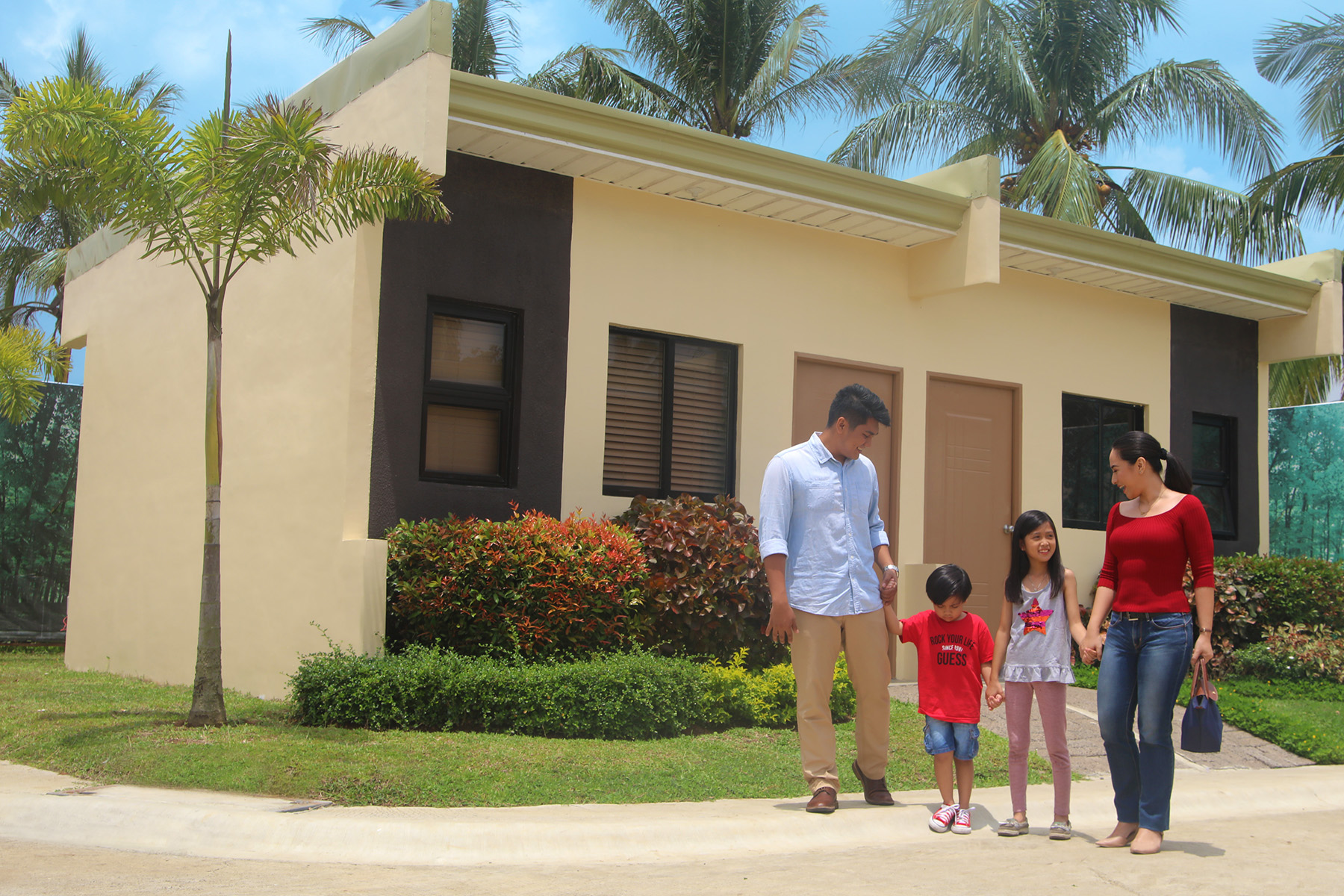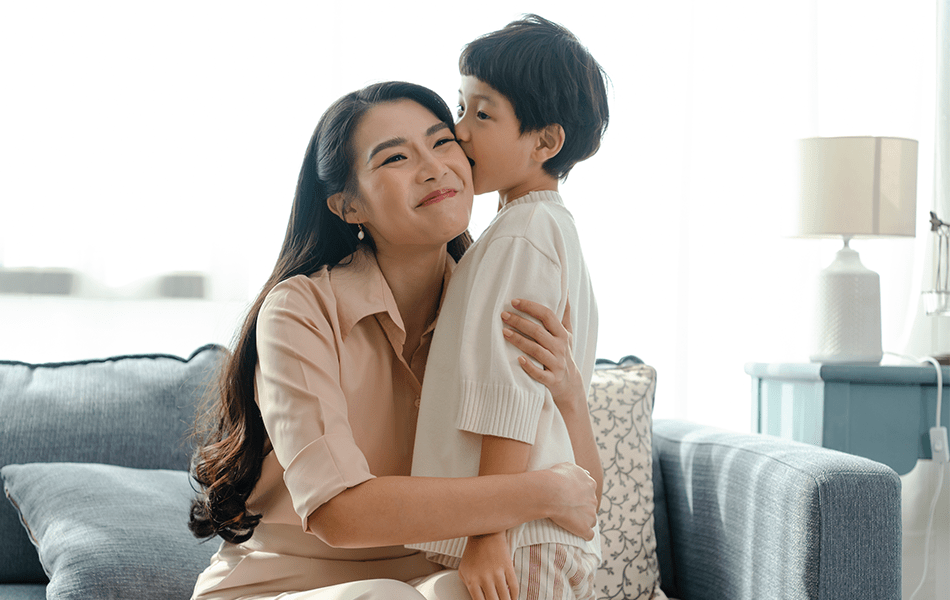In today’s fast-paced world, where traditional parenting practices have been deeply ingrained in Filipino culture, a new approach called “gentle parenting” is gaining traction. Gentle parenting focuses on fostering a deep connection with children, prioritizing their emotional well-being, and fostering a nurturing environment. But how do these parenting styles really differ from each other? How can we embrace this “gentle parenting” in the context of modern Filipino society and how can this transform our homes?
What is Gentle Parenting?
Gentle parenting is an approach to raising children that prioritizes their emotional well-being, fostering a deep connection, and creating a nurturing environment. It is a philosophy that challenges traditional authoritarian parenting methods and instead focuses on empathy, respect, and non-violence.
At its core, gentle parenting recognizes that children are individuals with their own thoughts, feelings and perspectives. It emphasizes understanding and responding to their needs with compassion and patience, rather than using punishment or harsh discipline as a means of control. Gentle parenting values open communication, active listening, and empathy as essential tools for building strong parent-child relationships.
Unlike the traditional parenting approach that emphasizes obedience and compliance, gentle parenting emphasizes positive discipline. Instead of relying on punitive measures, gentle parents guide their child’s behavior in a way that uses positive reinforcement, redirection and natural consequences. The goal is to encourage intrinsic motivation, cooperation, and self-discipline, fostering an environment where children learn to make responsible choices based on their understanding of right and wrong.
Embracing Gentle Parenting: Shifting Paradigms for Modern Filipino Parents
Modern Filipino parents are realizing that traditional authoritarian parenting methods, which heavily rely on punishment and strict discipline, may not be the most effective or nurturing approach. Gentle parenting, on the other hand, offers an alternative that focuses on understanding and responding to children’s emotional needs with compassion and patience. By adopting gentle parenting, modern Filipino parents are redefining their roles and embracing a more compassionate and respectful way of raising their children.
Embracing gentle parenting represents a significant shift in the parenting paradigm for modern Filipino parents. It requires challenging traditional cultural norms and expectations around discipline, authority, and control. However, the benefits of this parenting style are increasingly recognized and valued by parents who prioritize their children’s emotional well-being and seek to raise confident, compassionate, and resilient individuals. Now let’s discover the essential aspects of this approach to parenting.
Recognizing Emotional Needs:
Gentle parenting recognizes that children have emotional needs that require understanding and validation. Instead of dismissing or suppressing their emotions, gentle parents actively listen and provide support to help their children navigate their feelings. By acknowledging and addressing their emotions, children learn healthy ways to express themselves and develop emotional intelligence.
Promoting Positive Discipline:
Gentle parenting places a strong emphasis on positive discipline techniques. Instead of punitive measures, gentle parents use positive reinforcement, redirection, and natural consequences to guide their children’s behavior. This approach encourages intrinsic motivation, cooperation, and self-discipline, rather than relying on fear or external rewards.
Building Secure Attachments:
Gentle parenting emphasizes building secure attachments with children. Through consistent emotional support, gentle parents create a safe and trusting environment for children to explore, learn, and develop healthy relationships. These secure attachments foster a sense of belonging and emotional well-being, which are essential for a child’s overall development.
4 Key Principles of Gentle Parenting
These key principles form the foundation of gentle parenting, focusing on fostering a strong parent-child relationship built on trust, empathy, and respect. By embracing these principles, parents can create a nurturing environment that supports their child’s emotional well-being and promotes their overall development.
Communication and Active Listening:
Effective communication and active listening are vital components of gentle parenting. By engaging in open dialogue, parents can understand their child’s thoughts, feelings, and perspectives. Active listening helps parents respond with empathy and create a space where children feel heard and valued.
Empathy and Understanding:
Gentle parenting cultivates empathy and understanding towards children. This involves recognizing that children’s behaviors and emotions are often driven by their developmental stage and individual experiences. By empathizing with their children’s experiences, gentle parents validate their emotions and provide comfort and support.
Setting Boundaries with Respect:
Gentle parenting style involves setting clear boundaries while respecting a child’s autonomy and individuality. Boundaries provide structure and guidance, ensuring a safe environment for children to explore and learn. By involving children in the process and explaining the reasons behind boundaries, parents foster cooperation and understanding.
Problem-Solving and Conflict Resolution:
Gentle parenting teaches children problem-solving skills and peaceful conflict resolution strategies. Instead of resorting to punishment or aggression, parents encourage open discussions, active problem-solving, and negotiation. This approach helps children develop effective communication skills, empathy, and a sense of fairness.
Implementing Gentle Parenting in Filipino Homes
As the concept of gentle parenting gains recognition and popularity, Filipino parents are increasingly embracing this approach to raising their children. Through these practices, Filipino parents can create a nurturing environment that nurtures their children’s emotional well-being, promotes their personal growth, and lays the foundation for healthy relationships and positive life outcomes.
Challenging Cultural Norms
Adopting gentle parenting style in Filipino homes may require challenging cultural expectations around parenting. Traditional notions of discipline and authority may need to be reconsidered, emphasizing the importance of open-mindedness and critical thinking when examining parenting practices.
Parental Self-Care
Implementing gentle parenting requires parents to prioritize their own self-care. By taking care of their physical, mental, and emotional well-being, parents can approach parenting with patience, empathy, and resilience. Engaging in activities that promote self-care, seeking support from loved ones, and finding time for personal interests are essential in maintaining a healthy parenting mindset.
Seeking Support and Community
Parents seeking to embrace the gentle parenting approach can benefit from connecting with like-minded individuals and organizations. Engaging in parenting groups, attending workshops, and seeking guidance from professionals can provide valuable support and a sense of community.
Bria Homes: Promoting Family-Friendly Environments
Bria Homes is a trusted real estate developer known for providing affordable and quality homes for Filipino families. With a focus on creating family-friendly communities, Bria Homes offers safe and secure environments that foster the well-being and growth of children.

In this evolving landscape of parenting approaches, Bria Homes, a trusted real estate developer, plays a supporting role by creating family-friendly environments that align with the principles of gentle parenting. With spacious playgrounds, well-designed communal areas, and a focus on safety and well-being, Bria Homes’ projects provide a nurturing space where gentle parenting practices can thrive. By integrating the principles of gentle parenting into their daily lives and living in family-friendly communities, modern Filipino parents can further enhance their parenting journey and create a positive environment for their children to grow, learn, and flourish.
Bria Homes is a trusted real estate developer known for providing affordable and quality homes for Filipino families. With a focus on creating family-friendly communities, Bria Homes offers safe and secure environments that foster the well-being and growth of children.
Bria Homes’ projects are designed with the well-being of families in mind. Spacious playgrounds, landscaped gardens, and well-designed communal areas offer children ample opportunities for play, exploration, and interaction with nature. These features contribute to the creation of nurturing spaces where gentle parenting can thrive.
Gentle parenting is a compassionate and mindful approach that prioritizes children’s emotional well-being. By challenging traditional parenting norms, embracing empathy and respect, and fostering secure attachments, Filipino parents can create nurturing environments that allow their children to thrive. Bria Homes, with its commitment to building family-friendly communities, complements the principles of the gentle parenting approach by providing spaces where children can grow, play, and flourish in a safe and supportive environment. Together, gentle parenting and Bria Homes contribute to a brighter future for Filipino families.





